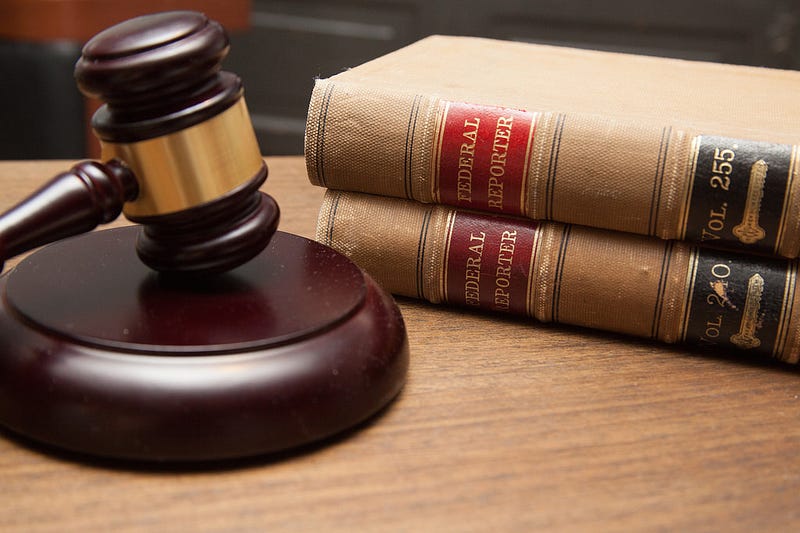By Amanda Kim ’21, News Editor

Photo Courtesy of Flickr
On Aug. 28, a notice revealed that Hamilton College is in settlement discussions with an ex-student who had previously filed a lawsuit against the College trustees. The case began on Oct. 30, 2017, when a former student, who is male, filed a complaint against the College in the Northern District Court of New York. The plaintiff, who uses the pseudonym “John Doe” in legal proceedings, was expelled in the spring of 2017, twelve days before his graduation, for allegations of sexual misconduct that were said to have occurred three years prior. The allegations were brought to the College by four of John Doe’s female peers.
In his complaint, John Doe alleged that Hamilton College had both discriminated against him on the basis of gender and also violated his right to due process. The plaintiff wrote that the College’s sexual misconduct policy is “insufficient to protect the rights of accused male students,” and that it “affords the women who accuse a presumption of truth, blamelessness, and the full weight of institutional support.” The suit also claimed that this “insufficient” policy places an unfair burden on male students who have been accused of sexual misconduct to defend themselves in proceedings.
The plaintiff went on to argue that the College “fail[ed] to conduct a thorough and impartial investigation,” asserting that there was no proof John Doe had committed any of the transgressions of which he was accused and that his expulsion was “unwarranted.” Of the four allegations brought against John Doe, he was found not responsible for one. Two of the others were never adjudicated, as the claimants withdrew their statements shortly after Doe was removed from campus.
Though he was found responsible in the fourth case of sexual misconduct, Doe argues that his guilt was “erroneously concluded” because the claimant’s story was never found to be accurate and that it was instead found that she was “incapacitated” due to alcohol consumption and therefore unable to properly consent to sexual activity. The plaintiff asserts that in this fourth case, he was denied the right to fair and just proceedings because the claimant’s story “lacked credibility” and the guilty verdict was based on an assumption that she was not able to consent, for which the plaintiff says that there was “no evidence.” Therefore, Doe argues, the College demonstrated “substantial procedural errors in violation of Title IX and other federal and state laws.”
The suit also accuses the College of changing its sexual misconduct investigation procedures in response to the Obama administration’s Title IX recommendations, which have since been rolled back under the Trump administration. President Obama’s guidance lowered the standard of proof needed in order for the College to use disciplinary action and transformed the former formal hearings into investigations. The plaintiff stated that not only do these guidelines produce discriminatory verdicts, but also that the College further acted in ways that were “arbitrary and capricious” in an effort to prove that it was cracking down on campus sexual assault cases. The complaint alleged that “it was not until the 2016–17 academic year — the year following the most vocal criticism of Hamilton’s failure to expel men found responsible for sexual misconduct — that Hamilton expelled students found responsible for non-consensual sex.”
John Doe also argued that Vice President and Dean of Students Terry Martinez disregarded the Review Panel’s recommended punishment of a five-year suspension and instead “increased the sanction and expelled John Doe.”
The suit finished with a claim that the plaintiff was harmed both financially and socially, alleging that his future has been jeopardized due to his lack of a degree in spite of having completed four years of coursework. It also claimed that he was “ostracized” by the Hamilton community in response to the allegations and that John Doe was “forever damaged emotionally by the excruciating and unfair process and the terribly unjust results flowing therefrom.”
The representative of the College in the case of John Doe v. The Trustees of Hamilton College wrote to Magistrate Judge Andrew T. Baxter, who has presided over the proceedings, that “the parties are continuing to work toward a settlement of this action.” The representatives of the defendant and plaintiff have exchanged settlement proposals since the mediation that was held on June 29, 2018. The representative of the College trustees said that they are “continuing those discussions.”
The Spectator
will continue to provide updates on the situation as they become available.
